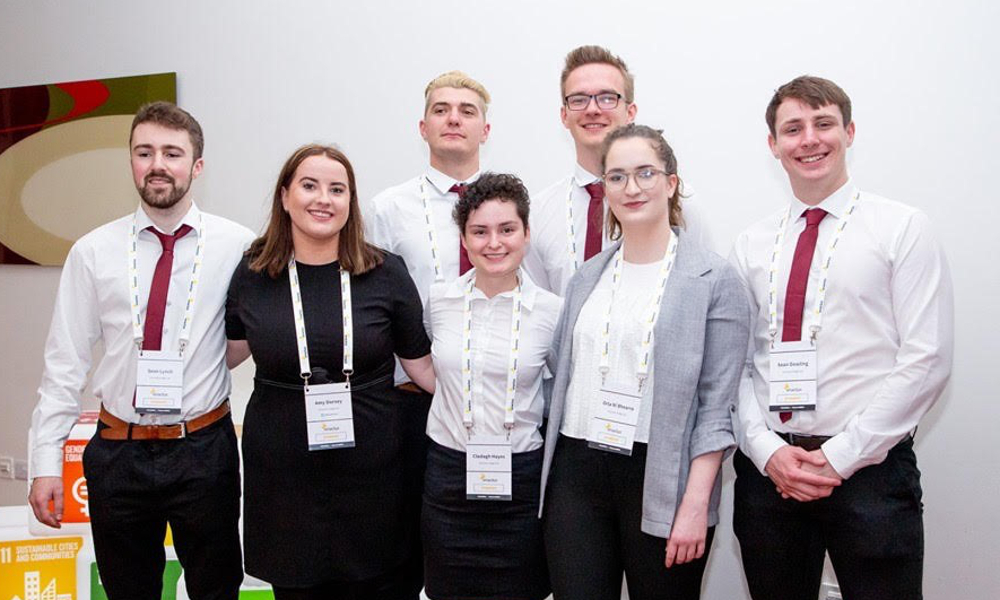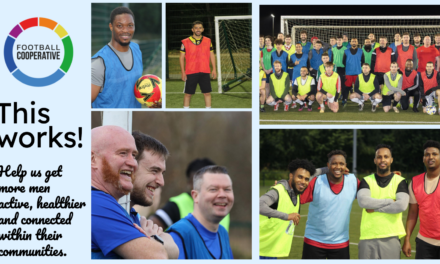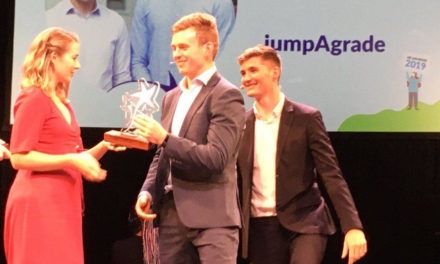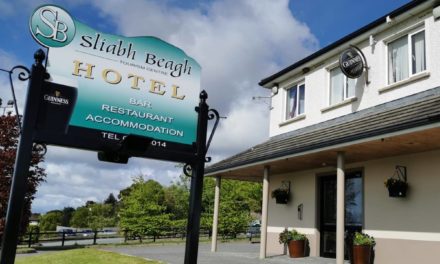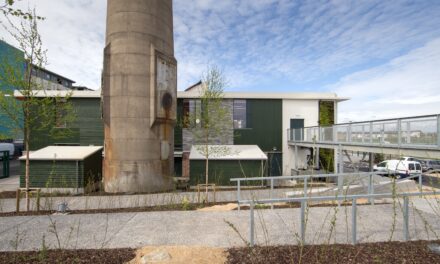With unemployment levels among those with disabilities far higher than in the general population, could the solution lie in social enterprise?
Think about all the employees you meet in offices, shops, bars and restaurants. To the best of your knowledge, how many of them have an intellectual disability? Do you think that number should be higher?
That’s the thought process that led Amy Dorney to establishing CMe Grow, an Enactus project based out of University College Cork (UCC) and run by students Jack Canning, Amy Dorney, Sean Dowling, Ciara Duffy-Niblock and Michael O Leary.
Here, Amy speaks to Kirsty Tobin – in an interview conducted in collaboration with Enactus – to tell us how the project got started.
Can you tell us about your project?
Our project is called CMe Grow. The aim of the project is to empower people with intellectual disabilities with the necessary skills to gain employment. This could include providing CV, job application and interview workshops, or educating them on workplace norms. Our end goal would be to empower someone with an intellectual disability (ID) to train employers on best practice when employing someone with an ID.
What social need does your project address?
It will help those who may be feeling socially isolated to integrate or reintegrate into the workforce, therefore reducing exclusion and boosting morale. It may also educate employers about the qualities and skills that these people may possess and could bring to their business.
What first stirred your interest in this area?
In my previous job, there was a man who had Down syndrome working in the café next door. He was an amazing worker and always brought a smile to everyone he encountered each day. It got me thinking about why we don’t see this often enough, and I wondered if there was anything we could do as students to bridge this gap between employers and people who have some form of disability.
What prompted you or inspired you to get involved with Enactus?
I didn’t know much about Enactus, and I initially got involved through a friend on a different project. I loved what Enactus do and have stayed heavily involved with Enactus UCC for the past three years.
What have you learned about social enterprise and community-focused entrepreneurship since starting this project?
I have learned that social enterprise is really important for communities and that real change can be made with hard work. But it is definitely hard work – there are barriers and hurdles to overcome but, with great passion, it is possible.
Why do you think social enterprise matters?
Because it can teach people about issues they might not have known much about. It is a chance for people to make real changes in their community and is so rewarding for everyone involved.
Do you think you’ll work to develop social enterprises after graduation, or even continue to grow your Enactus project?
I have recently finished my degree and would love to find a way to stay involved with social entrepreneurship. Perhaps one day I will start my own social enterprise. CMe Grow will stay with Enactus UCC but it would be great to stay involved with the project in whatever way I can.
What advice would you give to students considering developing an Enactus project in the future?
My advice would be to make sure you network and make valuable connections who will be able to give you advice on your project. Conduct a thorough needs assessment and make sure your project appropriately addresses the needs of the group you are hoping to impact. Work hard and do not be put off by any setbacks that might occur; keep the passion and keep trying.
Interested in reading more about the state of Ireland’s community development sector? Check out our latest issue.

